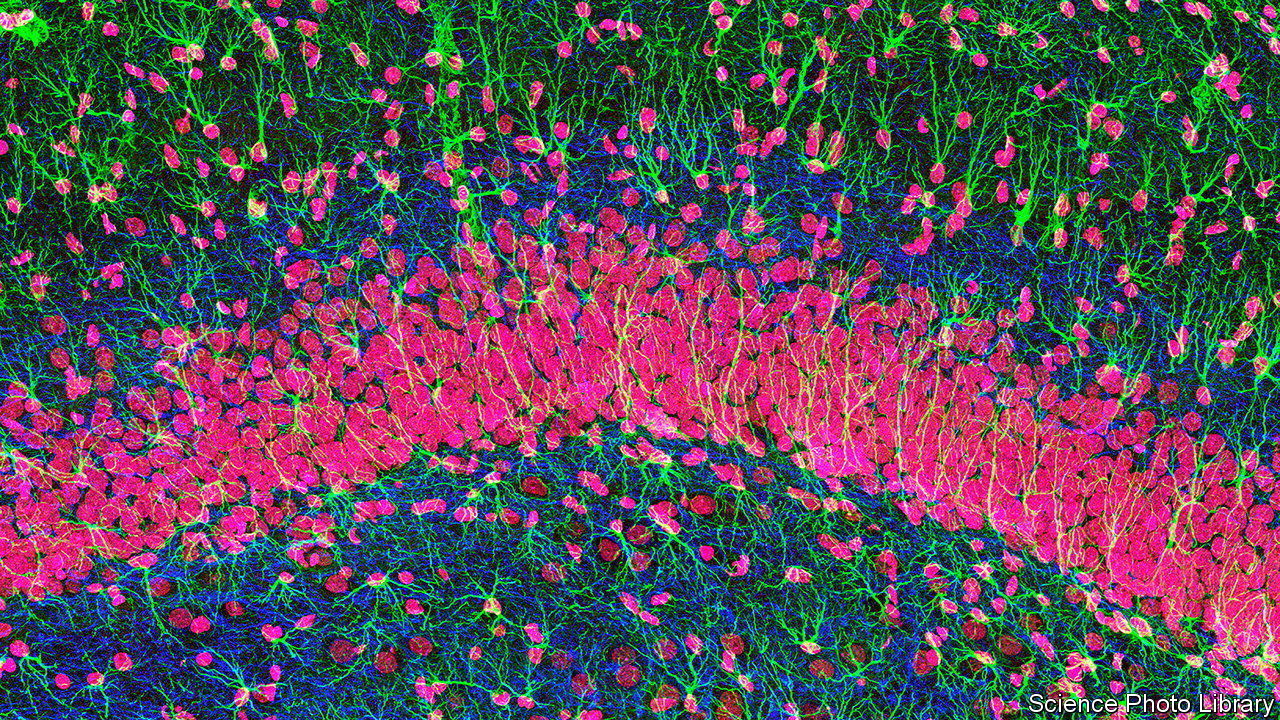Neurons are not the only brain cells that think

Neurons are typically thought of as the brain's primary information processing units, but recent research shows that they're not the only cells in the brain that can think. A new study by scientists from the University of Virginia and Johns Hopkins University demonstrates that astrocytes, star-shaped brain cells, may play a much more active role in mental activity than previously recognized.
The study, published in Nature Communications, supports a growing body of evidence suggesting that astrocytes, which were once thought to just help neurons perform their activities, may actually be capable of carrying out sophisticated calculations on their own. The study suggests that astrocytes are capable of recognizing patterns, making predictions, and even solving problems – tasks typically associated with neurons.
The team studied the astrocytes of mice by using electrode arrays to monitor the electrical signals they sent out when presented with various stimuli. They found that the astrocytes acted as if they had learned something about the stimulus, responding with an electrical signal each time it was shown again. This suggests that the astrocytes are able to recognize and remember patterns.
They also tested the astrocytes' ability to make predictions by presenting the same pattern of stimulation twice in a row, but with a small difference in the second pattern. The astrocytes responded differently to the second pattern, indicating that they had predicted what the next pattern would be.
Finally, the researchers showed that astrocytes are capable of performing basic computations by having them solve a version of the classic game 'Tetris'. They found that the astrocytes responded differently when given a piece that fit into the existing Tetris puzzle compared to when one didn't. This indicates that they are indeed able to make decisions based on information they receive.
These findings suggest that astrocytes are much more than just passive supporters of neurons. Rather, they represent a separate form of brain cell capable of complex thinking, problem solving, and memory formation. As such, further research is necessary in order to better understand their capabilities and how they interact with neurons.
Read more here: External Link